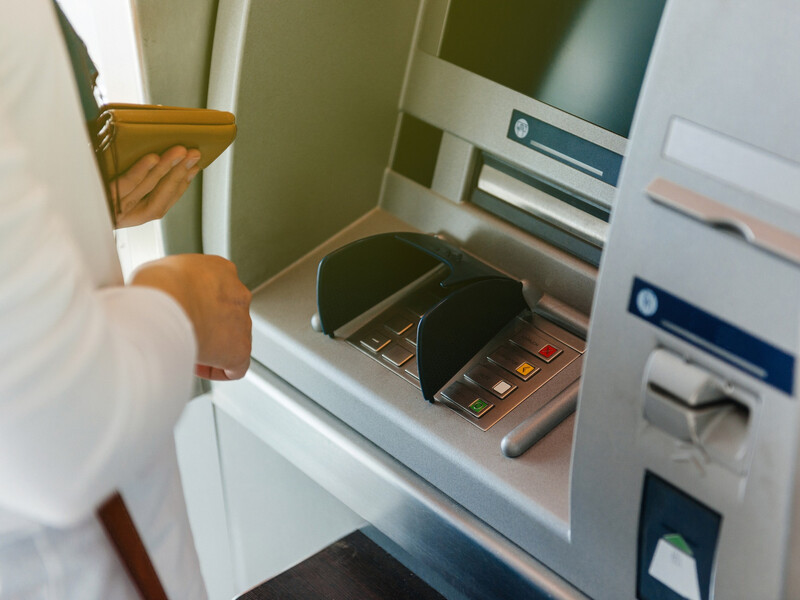Les acteurs spécialisés dans la gestion du parc des distributeurs automatiques de billets s’adaptent au mouvement de rationalisation des DAB opéré par les banques. Comment procèdent-ils pour que ces équipements, de moins en moins utilisés par les Français, restent rentables ? Tour d’horizon de la gestion du réseau.
Les acteurs spécialisés face à la rationalisation des réseaux de DAB
Face à l’évolution des usages et au recul des paiements en espèces, les banques ont entamé un mouvement de rationalisation de leurs réseaux de distributeurs automatiques de billets. Le 5 octobre, Société Générale, BNP Paribas et Crédit Mutuel ont ainsi annoncé étudier la possibilité d’une mise en commun de leurs réseaux respectifs, d’ici à fin 2023.
Les acteurs spécialisés, à savoir les fabricants de distributeurs automatiques, qui en assurent la maintenance, et les transporteurs de fonds, qui sont chargés de les approvisionner, sont contraints de s’adapter à ces changements.
La diminution progressive du nombre de distributeurs a laissé certaines zones rurales sans solution. Pour y remédier, plusieurs mairies ont décidé de faire installer des DAB qu’elles gèrent elles-mêmes, sans passer par l’intermédiaire d’une banque.
Ces « points cash », à l’heure actuelle au nombre de 35, sont amenés à se multiplier dans les mois à venir. Ils sont installés dans les communes qui le souhaitent par le transporteur de fonds Brink’s.
Dans certains pays, les fabricants de distributeurs sont désormais habitués à ce que les automates fournissent une gamme de services plus large que les services bancaires, pour pallier le recul des retraits d’espèces.
Ainsi, on trouve en Asie des DAB sur lesquels il est possible de jouer au loto, tandis qu’en Espagne et au Portugal, les usagers peuvent s’en servir pour réaliser diverses formalités administratives, comme le paiement des amendes ou des impôts.
Le développement des contrats d’externalisation
Si, à ce jour, de telles évolutions ne sont pas prévues en France, fabricants et transporteurs de fonds signent toutefois des contrats d’externalisation avec les banques, et récupèrent l’exploitation de réseaux entiers de distributeurs automatiques.
C’est le cas du fabricant Diebold Nixdorf, mais aussi de Brink’s qui, depuis 2019, gère et exploite les 11 600 distributeurs de billets du groupe BPCE. À compter du milieu de l’année prochaine, le transporteur de fonds ne sera plus seulement gestionnaire et exploitant, mais aussi propriétaire de ces automates.
Pour le groupe BPCE, il s’agit avant tout de réduire les coûts en optimisant la gestion des DAB, tout en fournissant un meilleur service aux clients. D’une manière générale, les distributeurs de billets pèsent assez lourd dans le budget des banques : ils coûtent environ 25 000 euros par an.
Grâce aux contrats d’externalisation, les banques peuvent basculer sur un modèle de coûts variables, plus avantageux que les coûts fixes, et bénéficier d’une baisse des coûts techniques comprise entre 10 et 30 %. Ces évolutions dans la gestion du parc français de distributeurs automatiques de billets permettent d’en conserver la rentabilité, alors que leur utilisation a reculé de 25 % depuis 2014.
